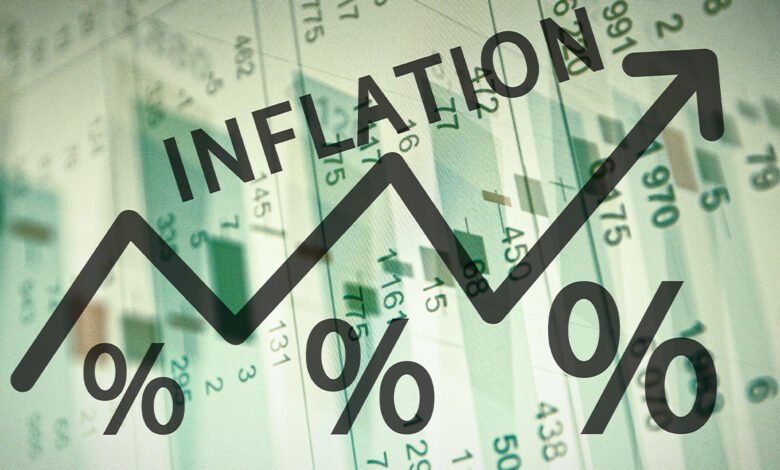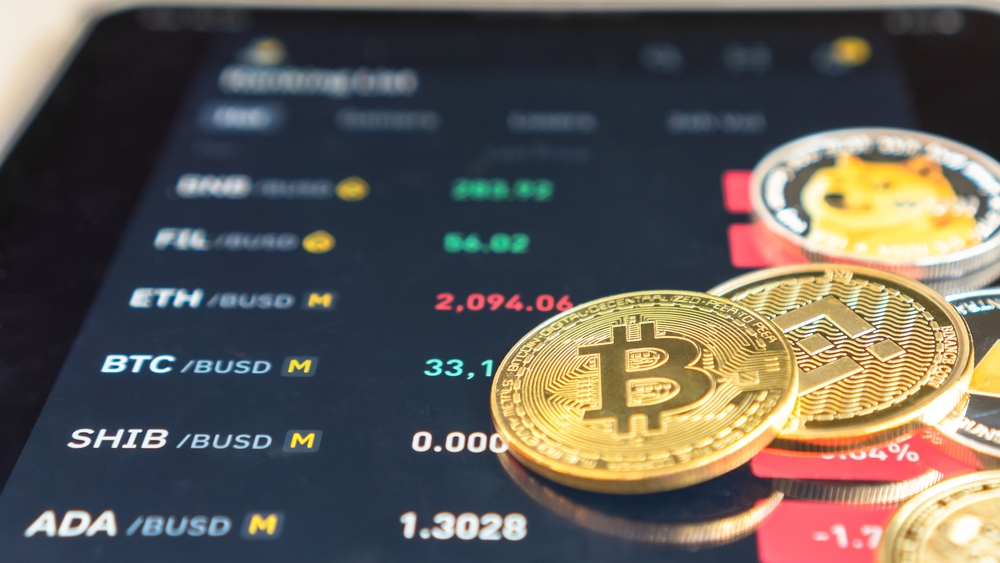Free Inflation Calculator

Inflation Calculator and loan inflation calculator
How to Calculate Inflation
Loan Adjustment Calculator
Adjusted Loan Amount Considering Inflation: $
Adjusted Loan Amount Considering Interest: $
Adjusted Loan Amount Considering Both Inflation and Interest: $
What Is Inflation and How Does It Affect You?
Inflation Calculator, You’ve probably heard about inflation, but do you really know what it means for you and your wallet? In simple terms, inflation is the rate at which the prices of things we buy—like food, gas, and even rent—go up over time. As prices rise, the value of your money decreases. So, the same amount of money won’t buy you as much as it used to.
Inflation is a normal part of any economy, and it’s usually measured using the Consumer Price Index (CPI) and Producer Price Index (PPI). While a little inflation is healthy and shows that the economy is growing, too much of it can cause some serious headaches for people and businesses.
What Causes Inflation?
So, why does inflation happen? There are several reasons, but here are the big ones:
- Demand-Pull Inflation When more people want to buy stuff than what’s available, prices go up. Think of it like this: If there are only so many concert tickets but a ton of fans wanting them, the price of those tickets will rise.
- Cost-Push Inflation When it costs more to make things—whether because of higher wages, more expensive raw materials, or supply chain issues—businesses often raise their prices to cover the extra costs. That’s cost-push inflation.
- Monetary Inflation This one happens when a country’s central bank prints more money. The more money in circulation, the less each dollar is worth. It’s like if everyone suddenly had more cash; your money would be worth less compared to others’.
- Imported Inflation If the price of goods from other countries goes up—say, oil or food—that can lead to higher prices for things in your own country. If you live in a place that imports a lot of goods, you might see inflation happen this way.
- Built-in Inflation (Wage-Price Spiral) This is a bit of a cycle. When prices go up, workers demand higher wages to keep up. Then, businesses raise prices to cover those higher wages, and it just keeps going.
Why Should You Care About Inflation?
Inflation affects more than just the cost of your weekly grocery run. If inflation goes unchecked, it can cause real problems:
- Reduced Purchasing Power: Your money doesn’t stretch as far, which means everyday stuff like food and gas costs more.
- Economic Instability: High inflation makes the economy unpredictable, which can discourage people from saving or investing.
- Erosion of Savings: If your money is sitting in a savings account that doesn’t earn much interest, inflation will slowly eat away at its value.
- Higher Interest Rates: To keep inflation in check, central banks often raise interest rates, which makes borrowing more expensive. So, your next car loan or mortgage might cost you more.
To prevent these issues, central banks (like the U.S. Federal Reserve) usually try to keep inflation at around 2% per year. That’s the sweet spot for a growing economy without too much damage to your buying power.
Can Cryptocurrencies Help You Beat Inflation in 2025?
If you’re worried about inflation eating away at your savings, you might be considering other options. Enter altcoins—cryptocurrencies like Bitcoin, Ethereum, and Solana.
Here’s why they’re getting attention: Unlike regular money, which can lose value through things like excessive printing, many altcoins are designed to be scarce. For example, Bitcoin has a limited supply, meaning there won’t be more than 21 million coins. This scarcity can help keep the value of these cryptocurrencies more stable, even when inflation is high.

Inflation Calculator
Because of this, more and more people are turning to altcoins as a way to protect their wealth. It’s a way to diversify your investments and potentially benefit from long-term growth, even as traditional currencies lose their purchasing power.
How Do You Calculate Inflation?
If you’re trying to figure out how much inflation has impacted your money over time, an inflation calculator can help. These tools show you how the value of money changes year after year.
For example, if you had $1,000 in 2010 and inflation averaged 3% every year since, your $1,000 wouldn’t be worth the same today. Inflation calculators take these changes into account and give you a clear idea of how much your purchasing power has dropped over time.
Tracking inflation is important for everyone—whether you’re saving for the future, managing your finances, or investing. Using an inflation calculator can help you plan more effectively and make smarter financial decisions.
Key Takeaways:
- Inflation affects everything, from the cost of groceries to your savings.
- It can happen for several reasons, including demand, production costs, and even global events.
- While moderate inflation is usually a sign of a healthy economy, high inflation can be a real problem.
- Altcoins, like Bitcoin and Ethereum, can be a way to hedge against inflation, as they often have built-in scarcity.
- Use an inflation calculator to understand how inflation impacts your purchasing power over time and make better financial choices.
Use TradingView to Monitor inflation’s and our Inflation Calculator
📊 Stay Ahead of Inflation Trends!
Monitor inflation’s impact on stocks, forex, and commodities in real time with TradingView.
Analyze Markets Now 🔍Read Also : The Ultimate Guide to Altcoins









Leave a Reply